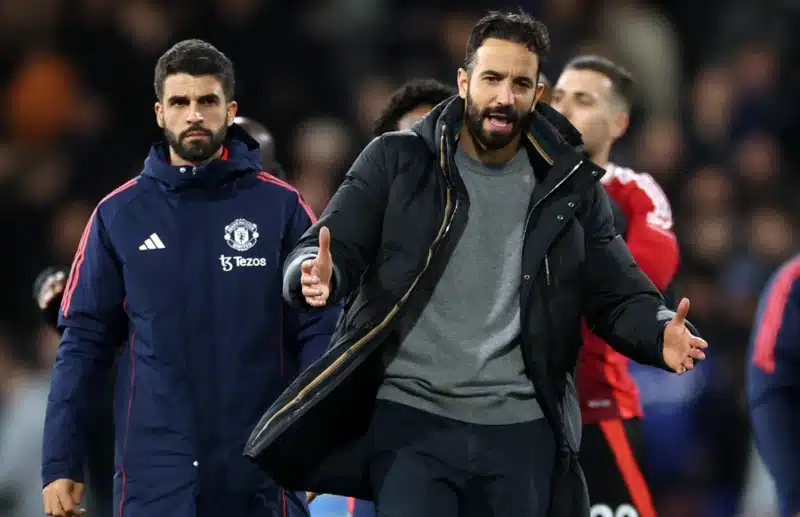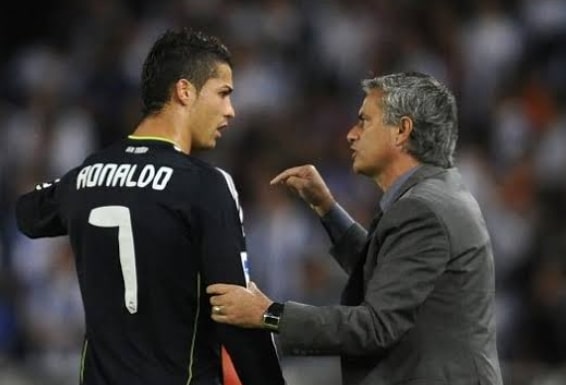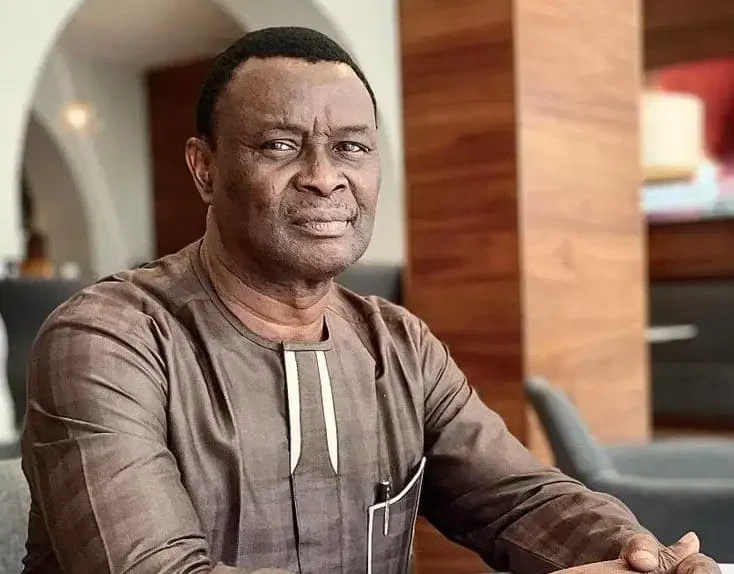Federal Government colleges used to be parents’ choice for their children and wards as far as secondary education is concerned. But the plummeting figures recorded in recent times suggest a very disturbing pattern, which also reflects the rot in the sector, writes IYABO LAWAL.
Numbers do not lie rather they expose the facts. The 71,186 pupils that registered for the 2024 National Common Entrance Examination (NCEE) as captured by the National Examinations Council (NECO), signposts the rot in the country’s education sector, particularly in the North.
Interestingly, this rot did not just suddenly begin this year; it has been progressive and long in coming. For instance, in 2018, 79,878 pupils sat for the NCEE. In 2017, it was 78,378 pupils that took the examination, and in 2015, 86,365 candidates sat for the same examination nationwide. In the year 2022, the total number of pupils that wrote the test was 71,664, while in 2023 were examined 72,744.
Last June, 70,603 candidates reportedly wrote the 2024 National Common Entrance Examination (NCEE) conducted by NECO into the 110 Unity Colleges nationwide in 599 centres across the country.
NECO Registrar, Prof. Dantani Wushishi, who reeled out the details said that 33,335 males and 37,268 females registered for the examination, adding that this year’s registration was lower than that of 2023, with 34,064 males and 38,801 females, totalling 72,865.
Data from NECO showed that Lagos State had the highest number of candidates with 17,751, followed by Abuja with 10,209, and Anambra State with 4,972.
The bottom three states are Bayelsa with 133, Borno with 138; and Gombe with 174, as contained in the NCEE three years’ registration figures by states obtained by The Guardian.
“For the males and females, last year’s registration was higher than this year’s, which could be attributed to so many factors, including economic factor, which is the most prevalent factor that maybe could hinder this large registration,” Wushishi said.
Facing north, heading south
IN the last couple of years, registration for the NECO-organised NCEE tells a tell-tale. For instance, Adamawa State recorded 154, 184, and 482 candidates in 2022, 2023 and 2024 respectively. Within the same period, Bauchi State recorded 525, 273, and 272; Benue State 635, 905, 949; Borno State 125, 117, 140; Jigawa State 318, 289, 235; Kaduna 622, 619, 638; Kano State 465, 574, 818; Katsina State, 171, 253, 278; Kebbi State 74, 164, 252; Kogi State 295, 344, 295; Kwara State 1,108, 1,299, 1,088; Niger State 1,461, 1,694, 1,629; Plateau State 988, 989, 779; Sokoto State 238, 270, 246; Taraba State 194, 102, 113; Yobe State 311, 392, 489; Abuja 8,623, 9,918, 10,232; Gombe State 194, 236, 176; Nasarawa State 374, 402, 359; and Zamfara State 4,500, 2,091, 4,376.
Cumulatively, within these three years, that is between 2022 and 2024, northern Nigeria fielded only 68,215 candidates for the NCEE.
The Guardian’sanalysis revealed that in 2022, out of 71,664, only 21,375 students registered for NCEE in the 19 northern states and Abuja, the Federal Capital Territory (FCT), compared to 50,289 candidates in the southern part of the country’s 17 states.
In 2023, out of 72,744 candidates who registered for the NCEE, only 21,115 students came from the northern region, including FCT. Meanwhile, in the South, the total tally more than doubled that figure, with registration of 51,629 candidates.
Further findings for 2024 NCEE registration indicated a similar statistical pattern. This year, of the 71,186 candidates that registered for the exam, only 23,846 candidates came from northern Nigeria, including the FCT, compared to the 47,340 candidates from the South. Cumulatively, between 2022 and 2024, the southern part of Nigeria has produced 149,258 compared to the northern region’s paltry 68,215.
As reflected in the plummeting number of candidates over the years, the northern region takes the lead in the historical analysis of the southward trend of the stats. All the total tally of the NCEE registrations was substantially aided by numbers from Abuja. The headwinds against improving enrollment into unity schools do not look like they will ease anytime soon as multiple problems plague Africa’s most populous nation.
According to the United Nations Children’s Fund (UNICEF), One in three children are out of school in Nigeria, with 10.2 million at the primary level and 8.1 million at the junior secondary school (JSS) level 1.
At least 12.4 million children have never attended school and 5.9 million left school early. Nigeria’s out-of-school children account for 15 per cent of the global total. More than 50 per cent of girls are not attending school at the basic education level, while 66 per cent per cent of all out-of-school children are in the North-East and North-West.
Identifying the headwinds
WUSHISHI, the NECO boss attributed the low registration in 2024 to economic factors, as the exam body was compelled to hike the registration fee amid unprecedented peacetime economic hardship facing the populace even as millions of parents, especially in the North struggle to keep their children in school.
In 2023, the House of Representatives raised a motion on the need to reverse the hike in school fees in Unity schools amid concerns that the increase would worsen the already bad economic standing of parents and guardians.
The lawmakers also expressed worry that as a result of the new tuition fees, many would withdraw their wards from schools thereby exacerbating the number of out-of-school children, and the hike’s impact on the nation’s overall development.
Kano State, a heavyweight state in terms of population, which is estimated to be in the region of 14 million had measly statistics of NCEE candidates: 465, 574, and 818 in 2022, 2023, and 2024 respectively, compared to Lagos with 19,518, 18,644 and 17,799 for the same period.
 Prof. Tahir Mamman, Minister of education
Prof. Tahir Mamman, Minister of educationEarlier in March, the Minister of Education, Prof. Tahir Mamman, had expressed concern over the low enrollment of students into unity colleges in the North.
Mamman noted that even though the colleges were founded to provide secondary school education of high standards, most northern states are left behind in terms of filling their quota.
The minister stated this at an advocacy and sensitisation visit to the Kano State Ministry of Education aimed at boosting enrollment in the colleges as most states in the North were low in enrollment.
“Kano was the first among northern states to introduce such sensitisation campaign on students’ enrollment into unity colleges during which the state had higher percentages among its counterparts, but some years back, the enrollment had changed.
“It is on this premise that the Federal Ministry of Education decided to bring stakeholders, parents, and guardians together as part of its mandate to sensitize the community on the importance of quality education in the lives of our children. It is our desire that the state will put in place, all the necessary machinery to assist those in the rural areas and the less privileged in the society, who desire a secondary education that is affordable and of remarkable standard.”
The Commissioner for Education, Umar Doguwa, said it was imperative to ensure that the children enroll for the next NCEE, reminding all present that Kano, being the most populated state, needs to have more children in school.
“This is why we need assurance and cooperation, especially from NECO.” Wishes are not horses hence the tame outcome in Kano.
Future at stake
YEARS ago, some old students of unity schools in Nigeria gathered in Port Harcourt, the Rivers State capital, to discuss ways of restoring the past glory of these institutions established to promote unity and better understanding among Nigerians from various ethnic groups.
Among the old students in attendance were the Chairman of the Executive Committee of the Unity Schools Old Students Association (USOSA), Ayo Joseph, and a former Chairman of the National Human Rights Commission (NHRC), Prof. Chidi Odinkalu.
During the meeting, Odinkalu said: “The idea of the unity schools is endangered, partly because Nigeria is endangered. We should not take either the existence of Nigeria or the continuity of the unity schools for granted. But the unity schools were part of investments in trying to keep Nigeria together. It was a soft investment that has turned out to be the best.
“The unity schools have come to stay as perhaps the biggest investment in human development and enlightenment on the basis of coexistence in our country. Today…. wherever you are looking at, the future of our country is the question. As products of the system that invested in the future of this country, we’ve got to take that seriously.”
Sparse learning infrastructure, insecurity, others ravaging initiative
THE ravages of insecurity (bandits, Boko Haram insurgents, and ISWAP terrorists) and misgovernance (corruption and nepotism) have combined to ruin the ambitious concept of unity schools. Staff members live in despair and teach in decrepit facilities left for years in disrepair. With low morale, amid ubiquitous corruption and nepotism, several teachers and non-teaching staff have succumbed to searching for greener pastures. When bandits and terrorists raid schools at will with no safety net for students and staff, several federal school doors is left ajar with empty classrooms.
In the past, many Nigerian parents were ready to lose an arm to get their wards into unity colleges, but today, parents and guardians are looking elsewhere to give their children quality education and mushrooming private schools jostling for their attention are getting the upper hand.
“These issues characterising the education system are at the backdrop of high insecurity in the North-West, Katsina, and Zamfara States; low financing; poorly resourced schools; low teacher competency levels and high pupil-teacher ratio, among others.
“Together, these factors lead to low overall education attainment, hamper social and economic opportunities for young people, and perpetuate inter-generational cycles of poverty and inequality,” said UNICEF’s Rahama Farah recently.
UNICEF and partners such as the World Bank, the European Union, and the Foreign, Commonwealth and Development Office (FCDO) have collaborated with AGILE and BESDA projects to support Katsina State and governments in the North-West to re-prioritise investments in education and mitigate against the declining state of education in terms of access, participation and quality of learning outcomes.
In 2021 alone, at least 25 schools were attacked, directly impacting 1,446 learners and 24 personnel. Seventy-six per cent of the attacks took place in the North-West. Kaduna State was the most frequently attacked (eight out of 25 attacks). Katsina State (344 learners), followed by Zamfara State (327 learners), which recorded the highest number of abductees taken in a single abduction.
Furthermore, in the 2020/2021 academic year, over 11,000 schools were closed for four months, significantly disrupting the education of 1.3 million children.

 2 months ago
61
2 months ago
61















 English (US) ·
English (US) ·